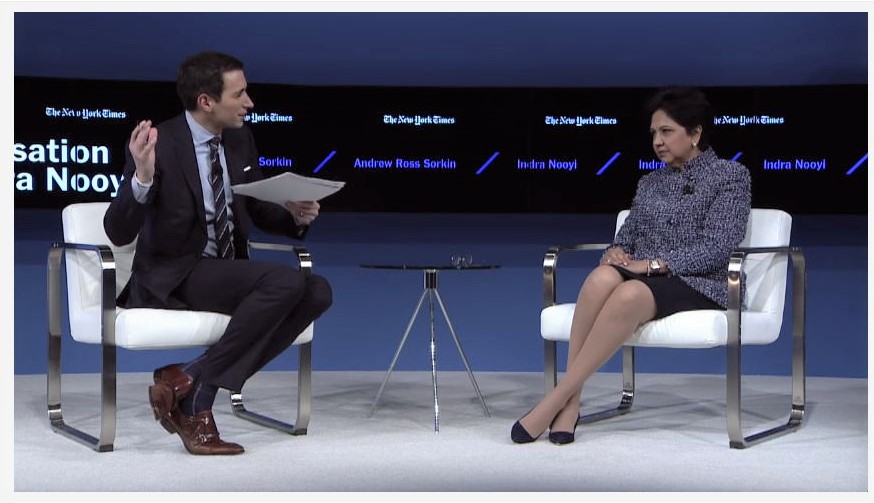Donald Trump slammed CNN reporter for “fake news” during his press conference few days ago. The now-President took aim at CNN as well as BuzzFeed for releasing an unverified and very questionable dossier on their websites.
Indeed, proliferation of fake news online is becoming a serious risk within the political establishments and it is now affecting a wide range of organisations. Companies, government agencies, charities, religious associations and even small businesses are all at risk from false news stories.
Examples of the havoc that can be wreaked by fake news abound, but a few recent news stories highlight the problem and the risks it poses.
Food manufacturer Ferrero SPA’s sales were threatened when the fake headline “Nutella may cause cancer” went viral. The headline was based on a misreading of a press release from the European Food Safety Authority (EFSA) about a study of the potential carcinogenic properties of palm oil. Palm oil is one of the ingredients in Ferrero’s popular chocolate spread Nutella. Disturbingly the EFSA press release did not even mention Nutella but it still generated a sensational story with a hysterical headline.
Fake news can lead to violent or criminal actions by demented or confused individuals. Pizzagate a notorious phony news story about a child prostitution ring in a Washington D.C. pizza parlour was widely believed in the United States. It led one man, Edgar Welch, to invade a pizzeria and threaten innocent people with a gun in an effort to save imaginary victims. Another man was recently arrested for making threatening phone calls to the same pizzeria, Comet Ping Pong.
Fake news has inspired real-life boycott efforts. Supporters of American President Donald Trump threatened to boycott Pepsi Co products because of social media posts that contained fake statements attributed to the company’s CEO Indra Nooyi. Social media charged that Nooyi had said she did not want Trump supporters business. The news was based on comments Nooyi had made at conference, in the real statement she never mentioned Trump’s name and urged support for the president-elect.

Some protestors set New Balance shoes on fire in the United States, after claims that the footwear was the official shoe of the “White Power Revolution,” went viral. The claims were prompted by a vague statement made by New Balance Vice President of Public Affairs Matt LeBretton. LeBretton merely said “things are going to move in the right direction” after Trump’s election victory, CNN reported. He never mentioned “white power” which is a euphemism for racism.
And in another case, Delta Airlines was hurt by a prankster who claimed he was thrown off a flight because he spoke Arabic. The joker made the claim, which was apparently false, in a YouTube video that went viral.
Real risk from fake news
Recent events demonstrate that false and exaggerated news stories can create very serious risks in the real world. Fake news is an old phenomenon, but its danger is greatly magnified by the way such stories spread online.
False news stories spread fast because they are often more popular than real news. The top 20 fake news stories on Facebook received more likes, shares and comments than the top 20 accurate news stories, data cited by Business Insider indicates. One reason for this is that false news often caters to popular prejudice or particular points of view.
The creators of fake news stories often pander to popular prejudice and misconceptions. During the US Presidential campaign claims that left-wing protestors were being bussed to Trump rallies went viral, even though the claims were unsubstantiated, The New York Times reported. The story spread because it pandered to popular scepticism about protestors in the United States.
Likewise, the false stories about Nutella play to popular hysteria about manufactured and artificial foods. This indicates that people that hold strong beliefs about something, more are susceptible to fake news.
There is also some evidence that professional marketers are deliberately manufacturing phony stories to increase website traffic. Such fraudsters carefully research stories, and they know how to target the news to the most susceptible audiences.
Can you insure against fake news
The short answer is “Yes”.
Nonetheless, the risks created by fake news might actually boost the reputation insurance products of the risk management industry.
“Fake news is merely one more stressor on a company’s reputational value,” CEO Nir Kossovsky of Steel City Re said to Insurance Business Magazine. His company provides corporate reputation measurement solutions. He also added that it is a segment of the industry that is booming, largely because of social media.
The obvious opportunity would be special coverage for companies that are highly susceptible to damage from phony stories. That might include consumer products and entertainment companies.
Another would be liability coverage for organisations that might inadvertently spread fake news. That might include social media companies like Facebook, search engines and possibly legitimate news organisations.
A final opportunity might be a policy designed to cover damage inflicted by targeted false news stories. An example of that might be fake articles designed to drive down a company’s stock price or hurt its sales.
Such policies would require standards for news and improved methods of authenticating news stories. Since even professional journalists often have a hard time differentiating hoaxes from news that can be difficult.
Fake news is a very real risk that the insurance industry is going to have to deal with. Like other risks it poses both an opportunity and a threat for insurers.